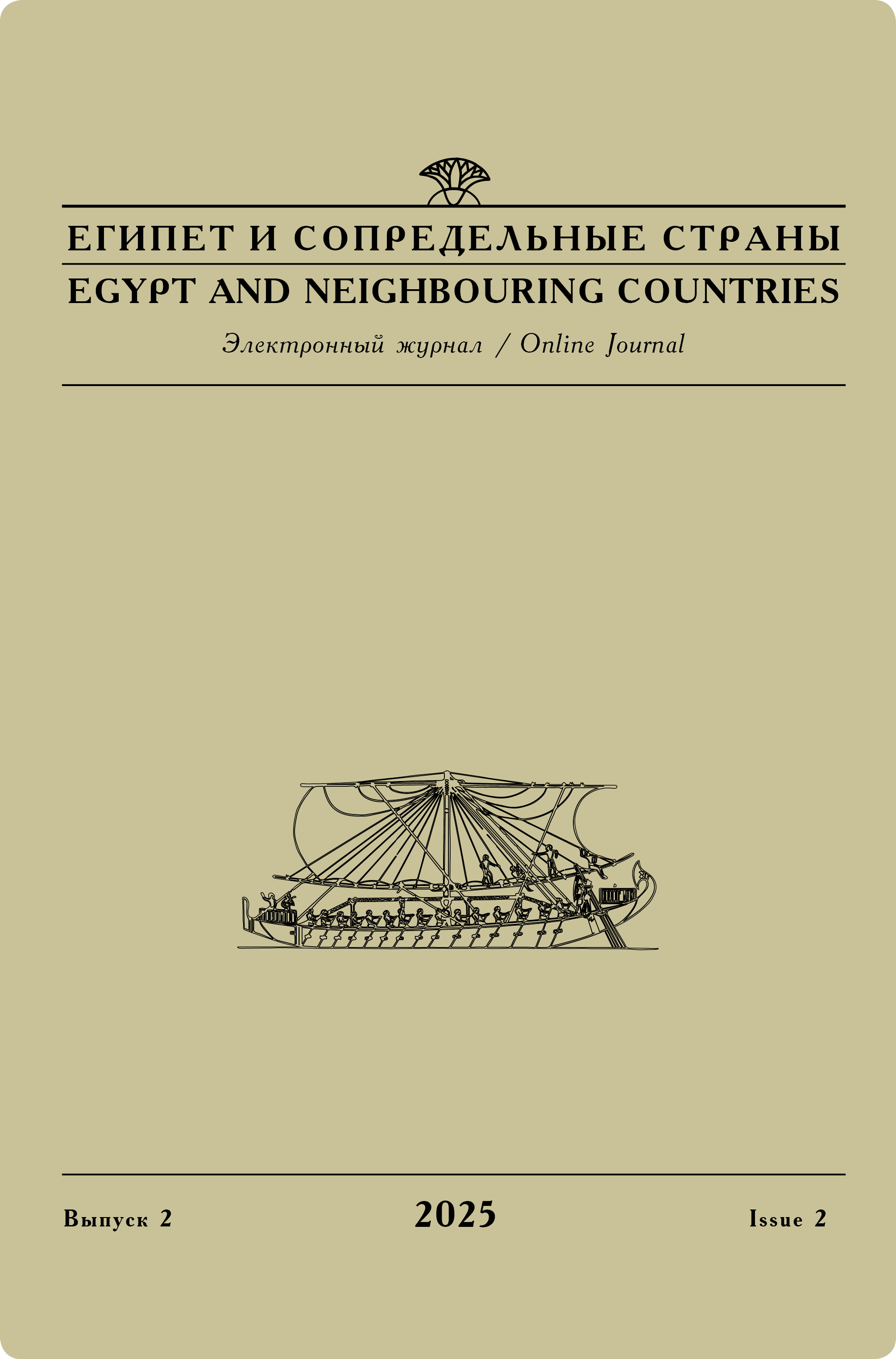Issue 2, 2017
Vladimir O. Nikishin
How the culture overcame a negative stereotype: the portrait of king Juba II of Mauretania in the context of Roman ethnic prejudices
By the end of the Republican epoch, the Roman collective consciousness had formed a lot of ethnic prejudices concerning Africa and the Africans. The author of this article analyzes a biography of Juba II, one of the client kings of Rome, who reigned in the vassal kingdom of Mauretania (25 BC — 23 AD), in the context of those prejudices. King Juba, who had received a brilliant education, in spite of his African origin, was a man of the Hellenistic culture and entered into history as rex literatissimus and the erudite writer. Juba II made a great contribution to the spreading of Graeco-Roman culture in North Africa. The royal court of this educated Mauretanian monarch became the center of cultural exchange in the period of posthellenism, which came after the Roman conquest of Ptolemaic Egypt. The life and activities of Juba II became the example of how one᾿s attachment to the high culture had eliminated a negative stereotype and prejudices concerning his ethnic origin.
Keywords:
Juba II, Cleopatra Selene, Mauretania, ethnic prejudices, Africans, Phoenicians, Carthaginians, Egyptians, Sardinians, 'Punica fides'.
Original language — Russian.
Read full article




